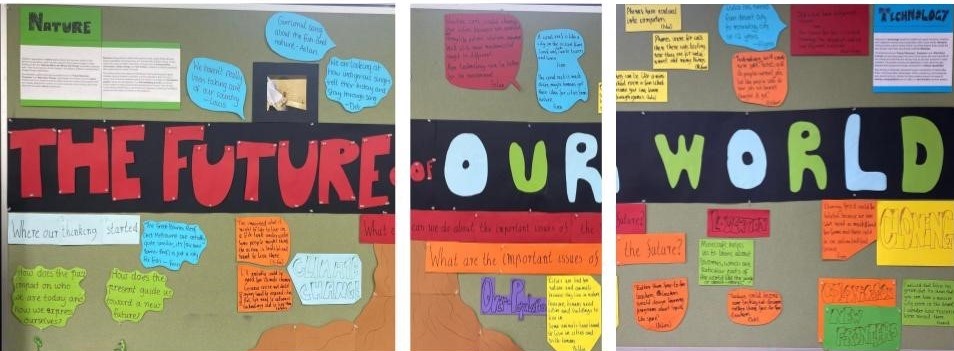Late last week, Year 2 children were part of Socratic Circles where they were asked ‘What is Change?’. The Socratic Circle involved bringing a group of 8 – 10 children together for a discussion where the purpose is to explore an open-ended concept or question and inspire or provoke new thinking within each other. The children demonstrated that they have a deep and comprehensive understanding of change that includes social, historical, scientific and cultural concepts.
Finn- “Change is evolution, which is things getting better and adapting to their environment.”
Rohan- Change and evolution can also be caused by advances in technology.”
Finn- “Change and evolution are constant, like climate change.”
“Change can be a cycle.” (Louis)
“It’s something you haven’t done in the past, but might be about to do a lot in the future.” (Lulu)
“Change can be everywhere and in everything. There is barely anything that hasn’t changed in any way.” (Esther)
Different explorations have branched from our underlying neighbourhood inquiry into ‘Our World’ and how the past impacts us, the present and the future. These branching explorations have provided children with an anchor or figurative example to articulate and depict their thinking.
Cities
The effect of industry, invention and technology came to the forefront of children’s thinking as they considered how they how and why changes are enacted in our built environment.
“Electric cars could change our cities because we wouldn’t need things like petrol stations anymore. We’ll still need mechanics but they’d be different. More technology can be better for the environment”. (Aslan)
“Dubai has turned from a desert city to technology city in 12 years” (Flynn)
“I noticed that Dubai has grown a lot. It shows that you can have a massive city even in the desert. I wonder how resources were moved there.“
“I learnt how Dubai got their resources… lots of places around there have oil, they sold it and bought resources with the money.” (Franek)
“Sometimes there are major inventions, like electricity, that cause big changes to our lives. Sometimes people think of changes before they happen.” (Sienna)
“We are making a shopping centre like Barkly Square. You need shops to survive and it’s more convenient when they are all in one spot.” (Leo O and Van)
“Old cities have different colours. A reason for this is because technology has advanced and we have different materials” (Alice and Finn)
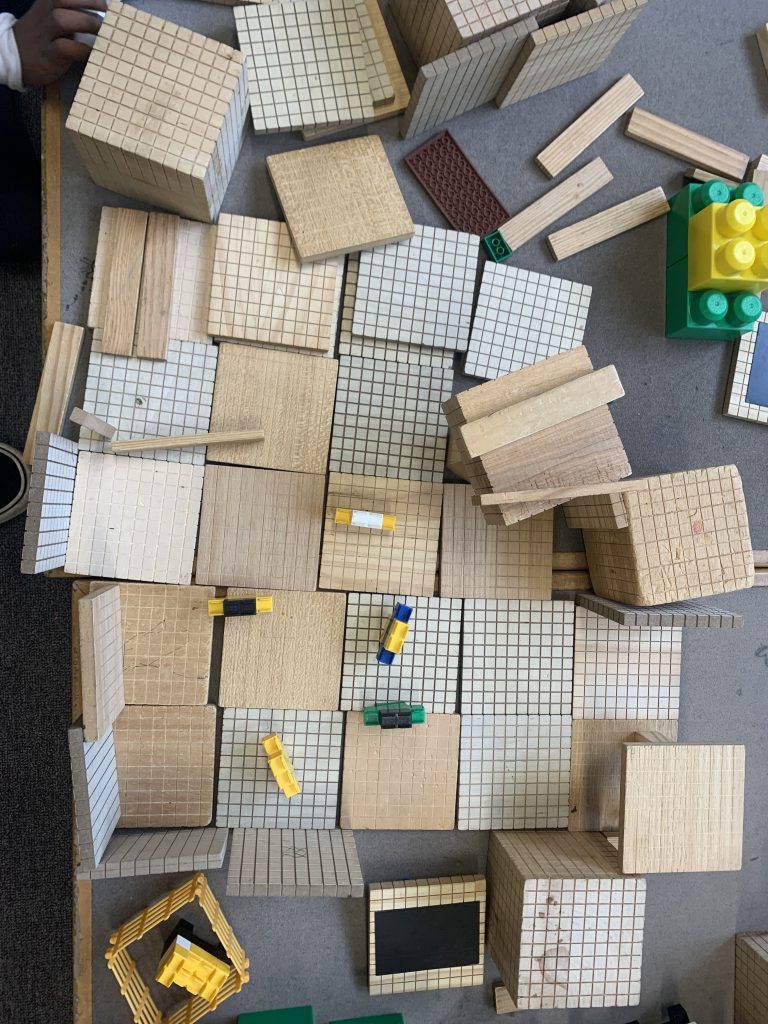
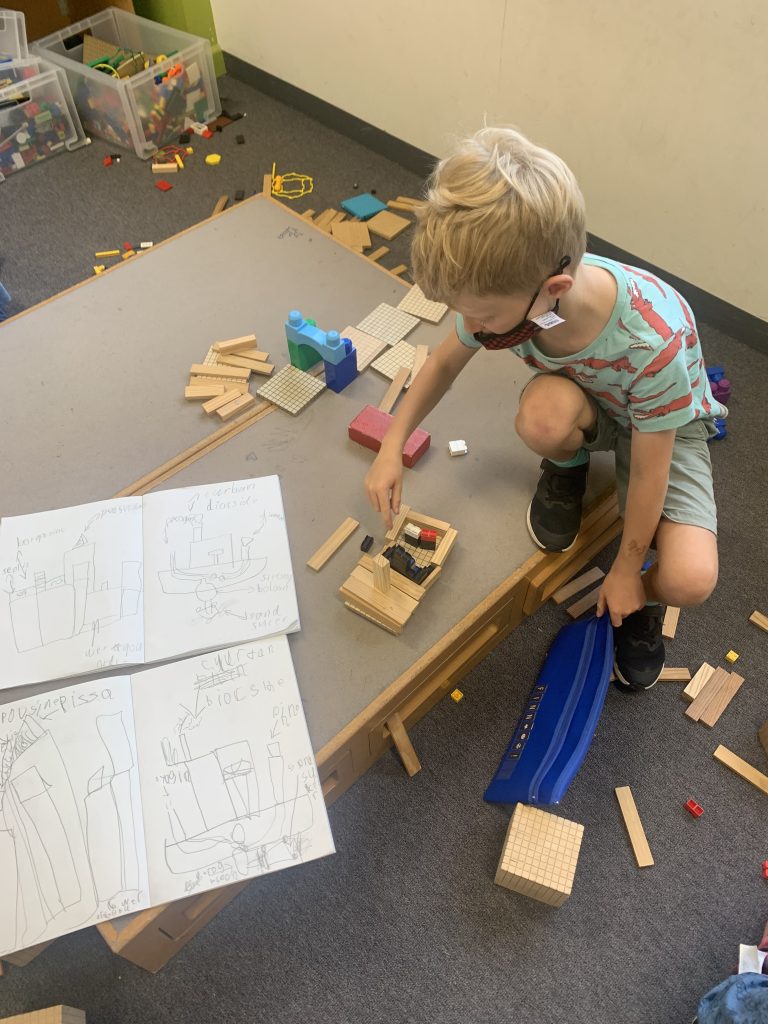
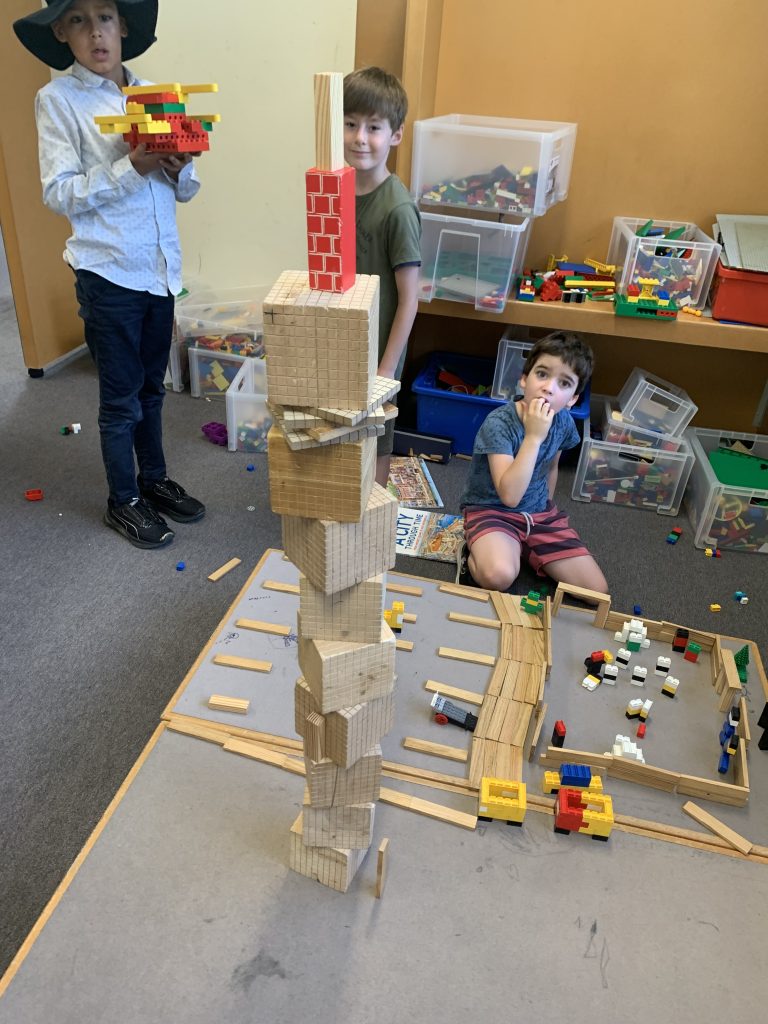


Ancestors
Tradition, celebration, migration and diversity were apparent concepts in the documentation of children’s thinking as they considered how our family history and ancestral links influence our community and our identity.
“My surname is Mihaly. Somewhere up in my family someone’s first name was Mihaly… I’m going to track interest to see if they are passed down” (Flynn)
“My great-grandfather was in WW2 so now we’re using BTN to research about WW2” (Milo and Henry)
“Different cultures have different wedding traditions” (Verity)
“We know that weddings are important celebrations in lots of countries” (Frances and Esther)
“If there weren’t weddings would there be less people?” (Lulu)
“We could interview our ancestors to learn about our families’ past” (Flynn)
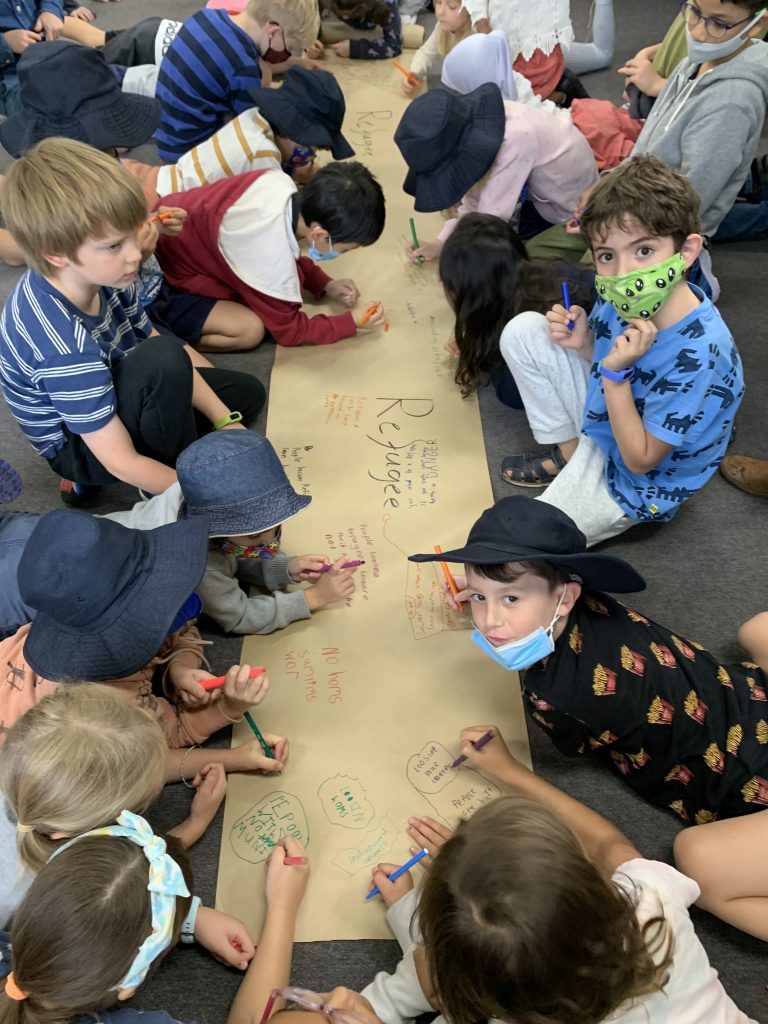
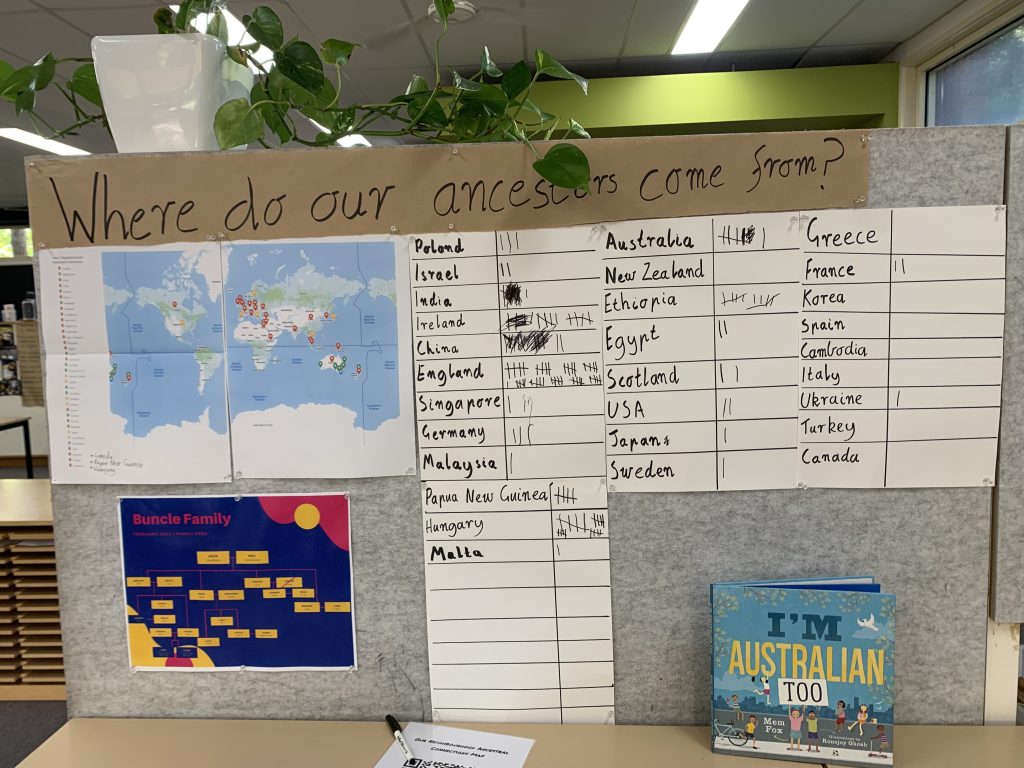
Fashion
An exploration into fashion and its history not only sparked thinking about colour, material and design but also provoked children to consider gender and other societal roles.
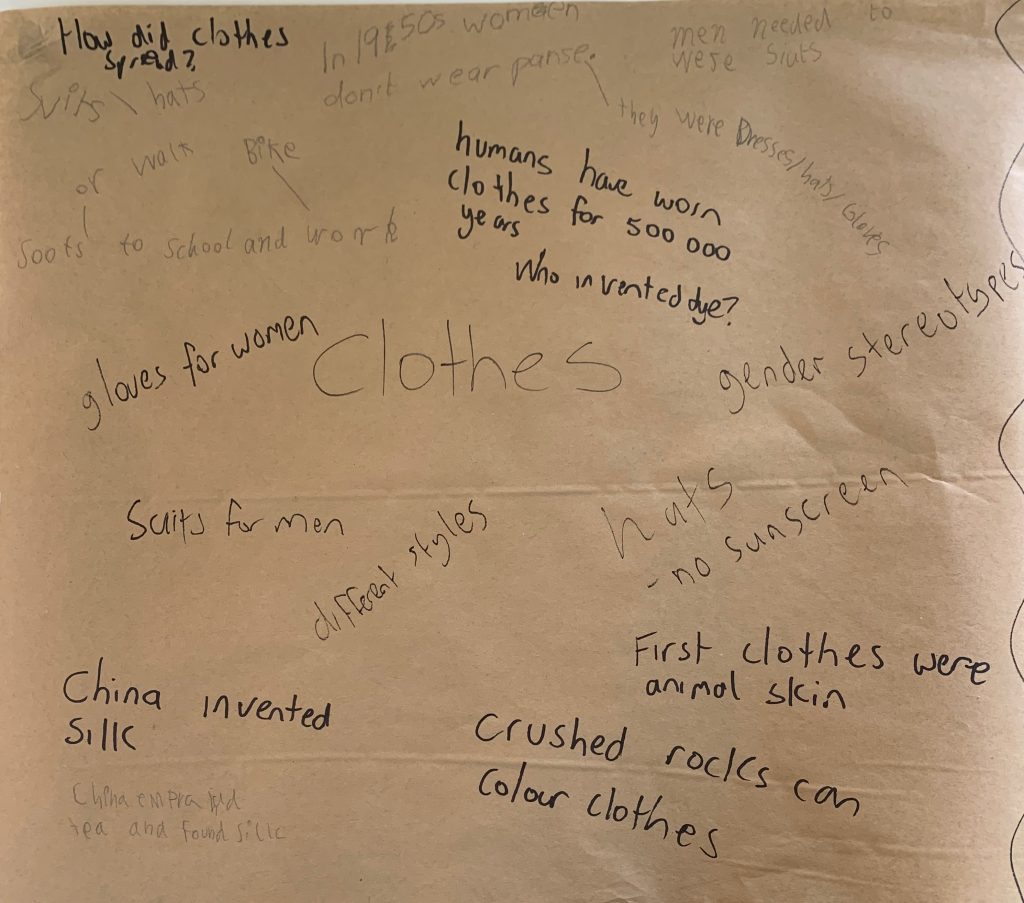
“Things that are popular change like brands and fashion, but opinions can also change” (Henry)
“In the old days, people couldn’t wear what they wanted. Now, they can because the laws have changed” (Leo O)
Through documentation analysis, we, the Year 2 teaching team, believe that the children’s first-hand experience of major change, as well as current and past inquiries, has positioned them socially as experts of change. As our inquiry pivots into new stages, the positioning of children as experts and championing their voice and perspective will be central.
“Major worldwide events, like COVID-19, cause us to change the way we live our lives. Like now, we do online shopping.” (Elspeth)
